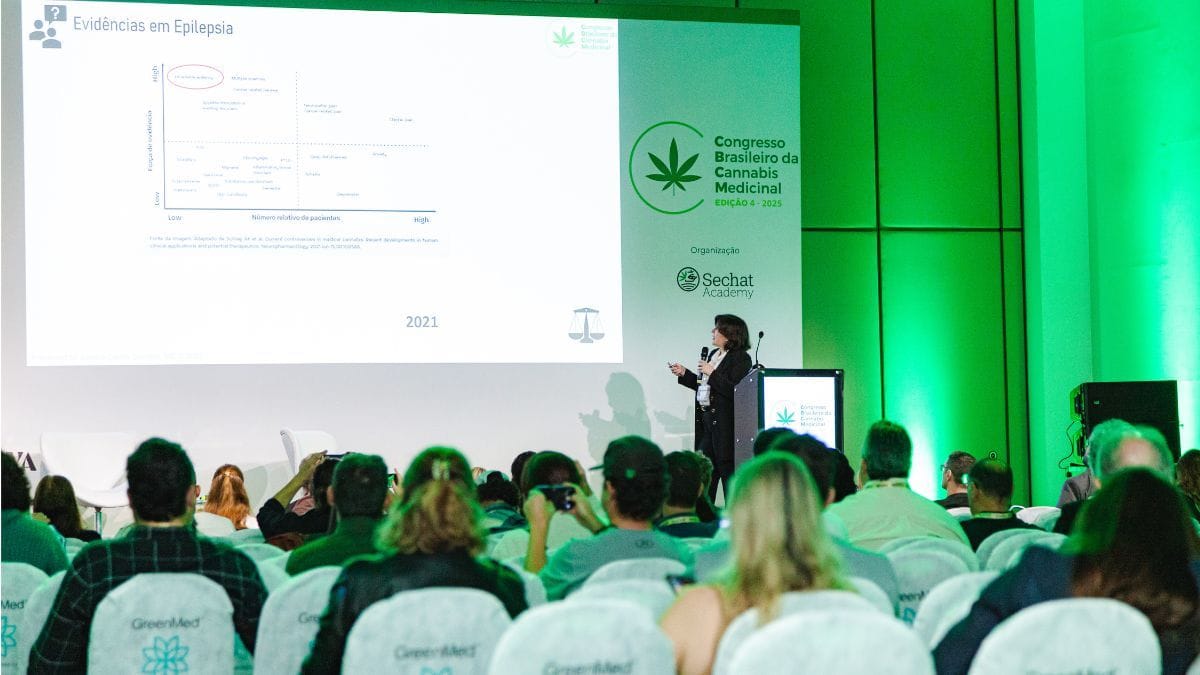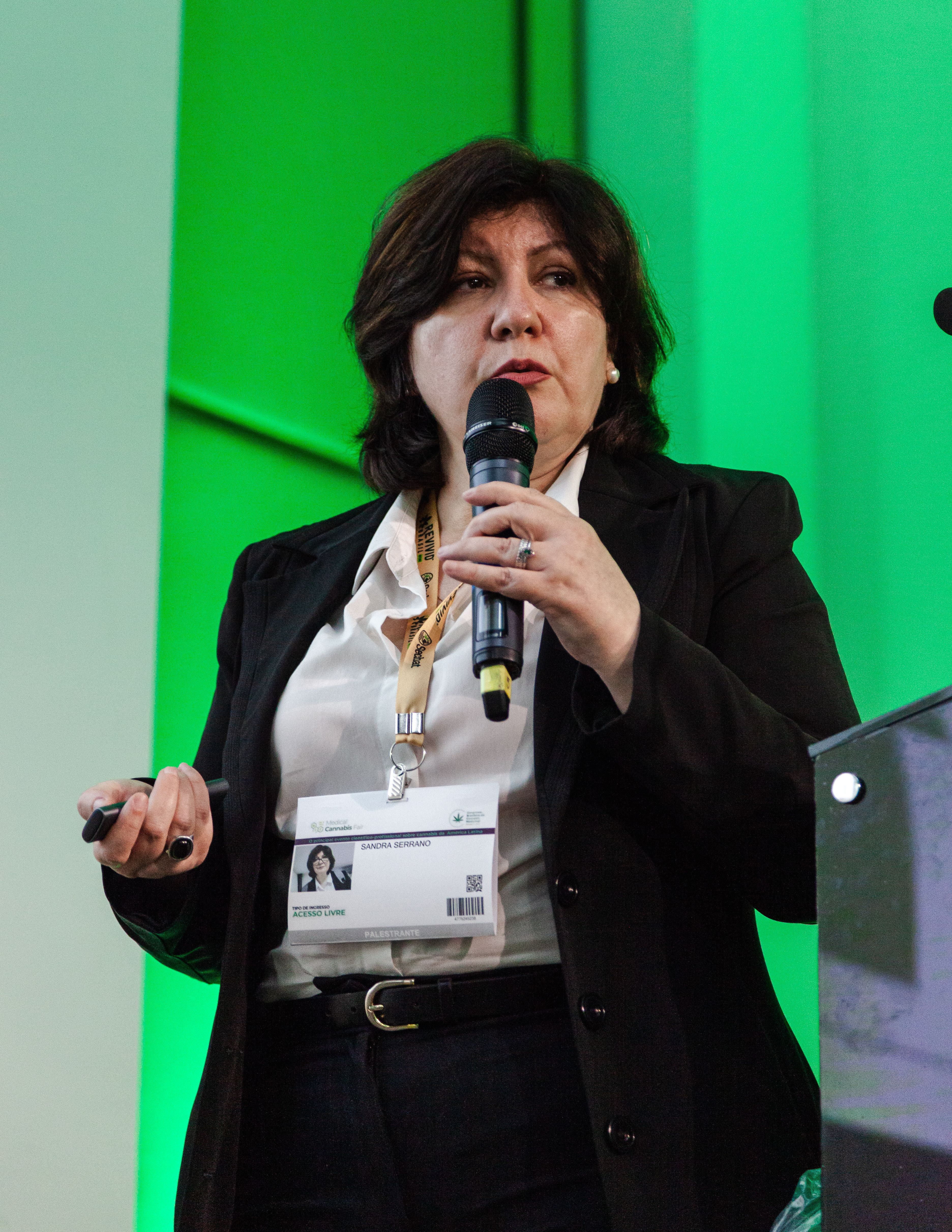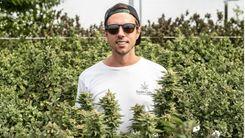Use of cannabis in epilepsy requires caution and expertise, says doctor
Doctor Sandra Caires emphasizes that cannabinoids are indicated for refractory cases and treatment requires strict monitoring and high-quality products
Published on 09/22/2025

"It is a topic that encompasses a vulnerable population and a large number of patients and families. Everyone suffers together," explains doctor Sandra Caires. Image: Sechat Archive
Treating epilepsy with cannabis derivatives represents a significant advancement in medicine, but its success depends on a deep understanding that goes beyond simple prescription. For Doctor Sandra Caires Serrano, a pediatrician specializing in pain and palliative care, the topic is delicate and impactful.
"It is a topic that encompasses a vulnerable population and a large number of patients and families. Everyone suffers together," explains the doctor, highlighting the human dimension behind the condition.
Indication for specific cases

According to the specialist, who was interviewed during the 2025 Brazilian Medical Cannabis Congress, medical cannabis is not a first-line therapy for all types of epilepsy. Its use is careful and mainly directed at cases that do not respond well to conventional treatments.
"Cannabis is not indicated in all cases of epilepsy and not as a first choice, except in epilepsies with indication by the Medical Board, such as Lennox-Gastaut Syndrome, Dravet Syndrome, and Tuberous Sclerosis Complex", clarifies Serrano.
What is refractory epilepsy?
Epilepsy is a neurological disorder characterized by abnormal electrical discharges in the brain, resulting in recurrent seizures. Although many patients can control the seizures with traditional medications, it is estimated that about 30% have refractory epilepsy, meaning they are pharmacoresistant.
In these cases, seizures persist despite the use of multiple therapies, making the search for alternatives, such as cannabinoids, essential for improving quality of life.
Evidence supporting treatment
The indication for these rare syndromes is supported by robust scientific evidence. One of the most influential studies, published in The New England Journal of Medicine, showed that patients with Dravet Syndrome treated with cannabidiol (CBD) had an average reduction of nearly 40% in seizure frequency, a result superior to the placebo group.
Similar positive results were found in research with patients with Lennox-Gastaut Syndrome, solidifying the path for the approval of CBD-based medications by regulatory agencies worldwide.
Complex prescription and responsibility
Despite the optimism, Dr. Sandra Serrano emphasizes that the therapeutic journey with cannabis for epilepsy is complex and requires high expertise. "It is a situation in which we need to make it clear that the prescription is complex, requires knowledge of the pathology, the patient, the drugs, the indications. It is knowledge built over the long term," she points out.
The success of the treatment, according to her, depends on a chain of responsibility. "It is necessary to have aligned and responsible professionals to use this type of tool, which also needs to have excellent quality. It is the children who will use it," concludes the doctor.
Follow the interview with Dr. Sandra Serrano:









